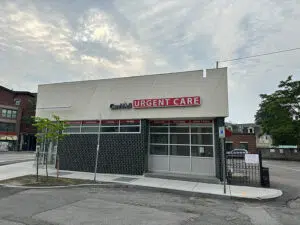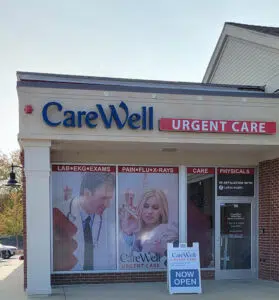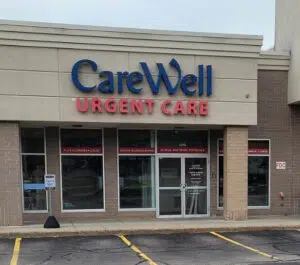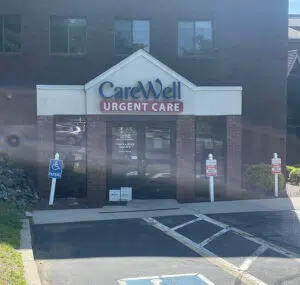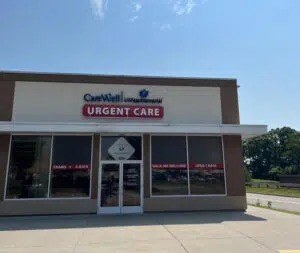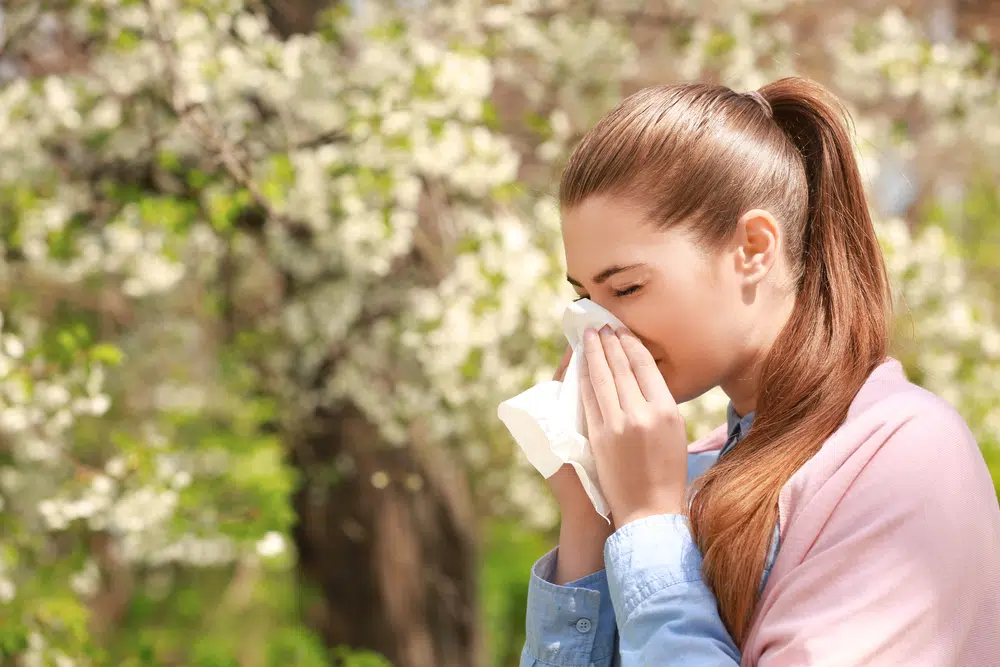
Spring is a beautiful time of year in New England. Flowers are in bloom, trees are blossoming, and everything comes back to life after the winter.
However, spring is also the start of allergy season. The flowers, trees, and grasses that share their beauty also share their pollen. This means stuffy noses, sneezing, coughs, and congestion for allergy sufferers.
Did you know that you can go to urgent care for your allergies? You can, especially if you’re experiencing severe symptoms.
When to Go to Urgent Care for Allergies
If your allergy symptoms are severe, persistent, or unrelieved by over-the-counter medications or other remedies, urgent care can help. Our skilled providers will discuss your symptoms, perform an exam, and order medications or treatments to relieve your symptoms. This may include steroids or other medications.
Some allergy sufferers may also have asthma, which allergens can trigger. An asthma attack is typically characterized by wheezing and shortness of breath. Your provider can provide appropriate treatment to relieve your symptoms.
You should seek care at an emergency room for more severe allergic reactions, such as anaphylaxis. Symptoms of a more emergent situation include:
- Swelling of your face, neck, or mouth
- Lightheadedness
- Heart rate that is rapid or thready
- Nausea or vomiting
- Fainting
- Difficulty breathing
- Hypoxia (gray or blue fingers, lips, or face)
Common Symptoms of Seasonal Allergies
Allergies occur when your immune system overreacts to a specific substance or allergen. This can include pollen, pet dander, or mold. Everyone’s immune system produces antibodies, a marker identifying certain substances as dangerous.
This response is what causes the common symptoms of seasonal allergies:
- Sneezing
- Sinus congestion
- Watery eyes
- Postnasal drip
- Coughing
- Itching of the eyes or nose
Managing Seasonal Allergies
There are many ways to help manage your seasonal allergy symptoms, from practical steps to over-the-counter medications.
Over-The-Counter Remedies
Several medications may ease your allergy symptoms:
- Antihistamines. This includes medicines like cetirizine (Zyrtec), loratadine (Claritin), and fexofenadine (Allegra). These second-generation antihistamines can relieve symptoms with less drowsiness than medications like diphenhydramine (Benadryl).
- Steroid Nasal Sprays. Fluticasone propionate (Flonase) and triamcinolone (Nasacort) are examples of corticosteroid nasal sprays. These medications reduce the inflammation that underlies seasonal allergy symptoms. You should discuss the possible long-term effects of any steroid medication with your provider.
- Decongestants. Oral decongestants like pseudoephedrine (Sudafed), sometimes combined with an antihistamine, can reduce sinus congestion and other symptoms. These medications may have specific side effects and may be contraindicated for some people. Discuss any questions with your provider.
- Saline Nasal Rinses. Non-medicated saline nasal spray may help clear and soothe your nose and sinuses. Some people find relief using a nasal irrigation device like a Neti pot. If you try this, using bottled water and sterilizing the device carefully to prevent infection is essential.
Reduce Your Allergen Exposure
Taking steps to reduce your exposure to allergy triggers can reduce your symptoms:
- Avoid spending time outdoors on dry, windy days when allergens may be more numerous. After rain may be a better time to go outside, as rain may help clear pollen from the air.
- After you’ve been outside, wash your clothes and take a shower. This can reduce ongoing exposure to allergens.
- Do not use outdoor clotheslines to dry laundry; this can collect airborne allergens. Using a dryer, especially during allergy season, maybe better.
- Check the internet or weather app for the allergy forecast. If the pollen count is high, take allergy medication or avoid going outside. Keep the windows of your car or house closed when pollen counts are high.
At CareWell Urgent Care, we offer exceptional urgent care for allergies and many other conditions. Visit us at any of our locations today.


